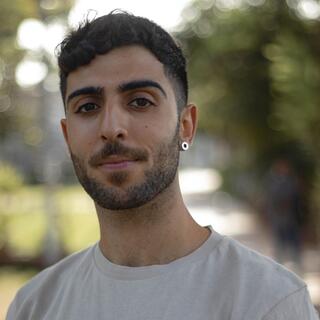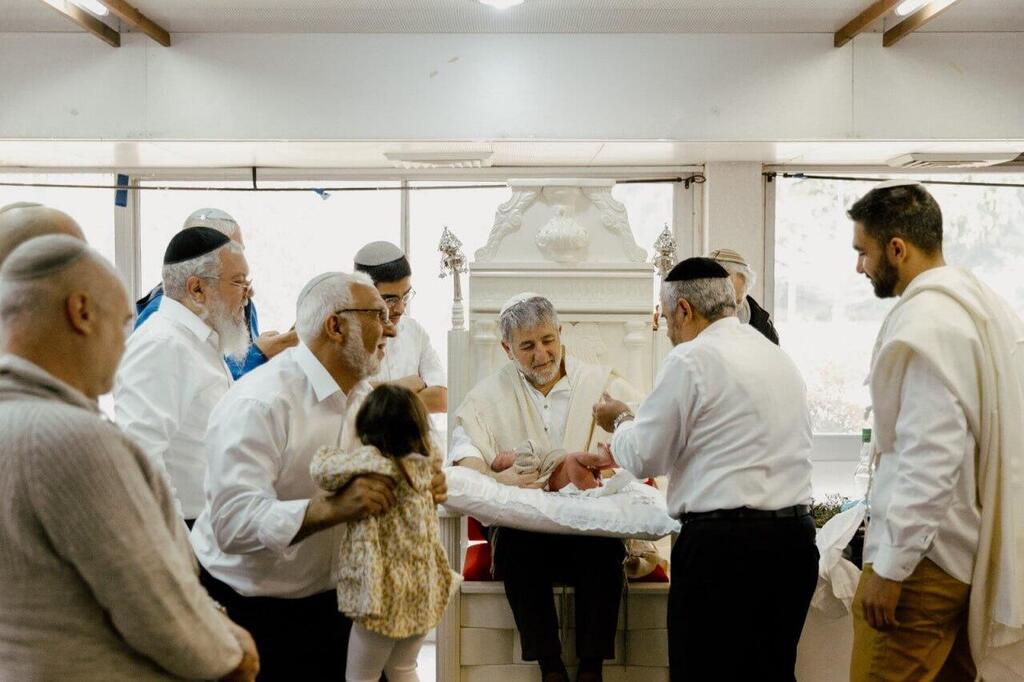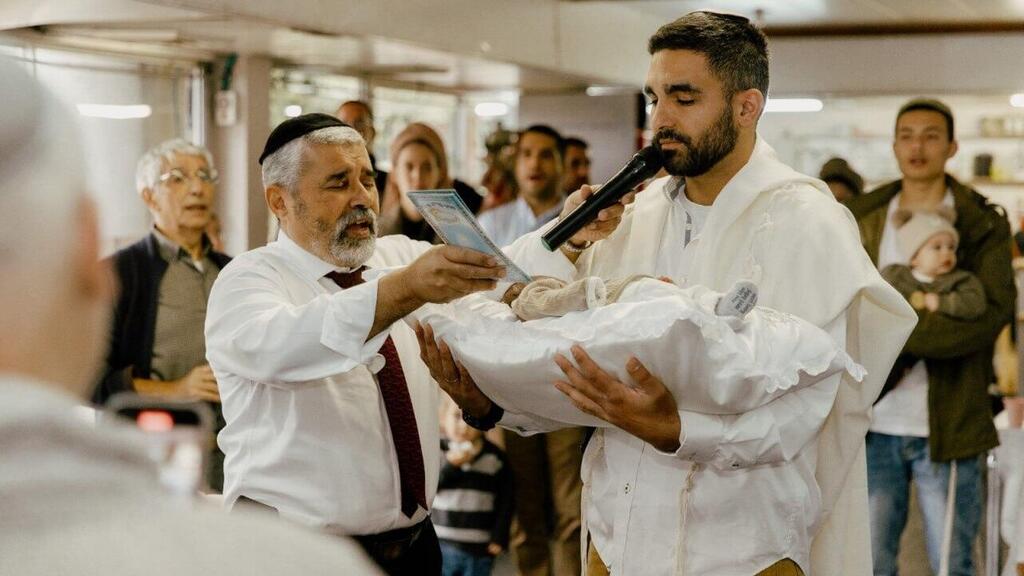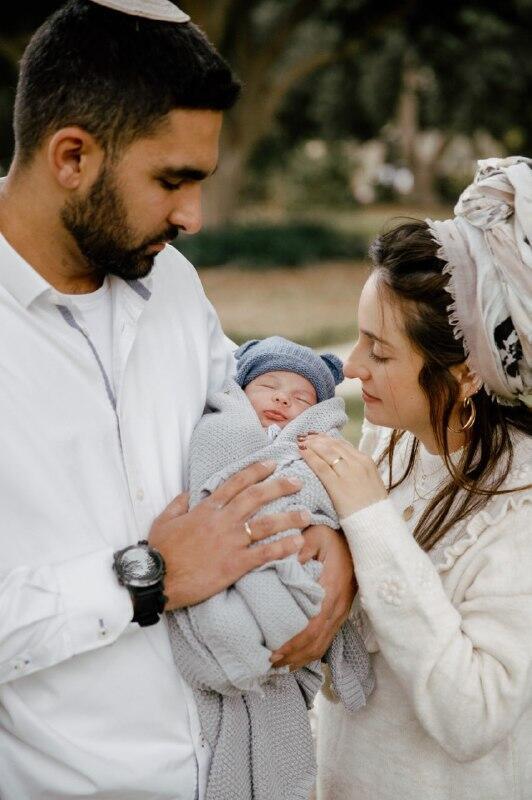“When I heard about the chaos in the south, I immediately knew it was something big,” recalls Moshe Barsheshet, reflecting on the day that changed the course of Israel’s history — and his own life. “I was an IDF company commander when a soldier named Rafael Hayun connected us with two people from Kibbutz Holit."
"They told us the kibbutz was devoid of military presence and infiltrated by Hamas terrorists. Although I was instructed not to head in, I decided to go anyway. On the way, we witnessed horrifying scenes,” he recounts.
When Barsheshet and his team arrived at Holit, the situation was dire. “We discovered around 60 terrorists in the kibbutz,” he says. “Houses were burning and there were many wounded. We engaged in a fierce battle, during which some of our comrades were injured. But by dawn we regained control of the kibbutz with the help of additional military forces.”
Barsheshet and his unit worked tirelessly to evacuate the wounded to the kibbutz gate, clear homes, and rescue survivors. The experience left a profound mark on him. “I feel a deep connection to the kibbutz, its people, and the place itself,” he says.
“A person who experiences battle or a significant event either becomes repelled by the location or deeply attached to it. My life could have ended there and terrorists cruelly took the lives of so many. But for me, it was essential to return to that place, find closure and raise a new generation where there was once so much sorrow and blood.”
A moment of closure
Last Friday, Barsheshet and his wife, Renana, returned to Holit but for their son’s brit milah (Jewish circumcision ceremony) — a symbolic act of renewal.
Get the Ynetnews app on your smartphone: Google Play: https://bit.ly/4eJ37pE | Apple App Store: https://bit.ly/3ZL7iNv
Holit remains a closed military zone, largely uninhabited except for soldiers and a few kibbutz members maintaining the site. Despite this, Barsheshet secured the necessary permissions from both the military and the kibbutz.
“We brought catering, invited the soldiers who were with me that day, kibbutz members and security personnel,” he shares. “It was an incredibly emotional and joyful moment — to bring new light to a place once shrouded in darkness. It truly felt like closing a circle.”
Barsheshet shared a deeply personal message. “I’m a settler from Kiryat Arba and they’re kibbutz residents from Holit. Before October 7, our paths rarely crossed. But the terrorists’ bullets didn’t discriminate between us."
“We need to set aside our divisions,” he says. “We all know how fractured the nation was before. I want to raise my children with certain values and holding the Brit milah at Holit is part of that. It’s a testament to our shared humanity and resilience.”







